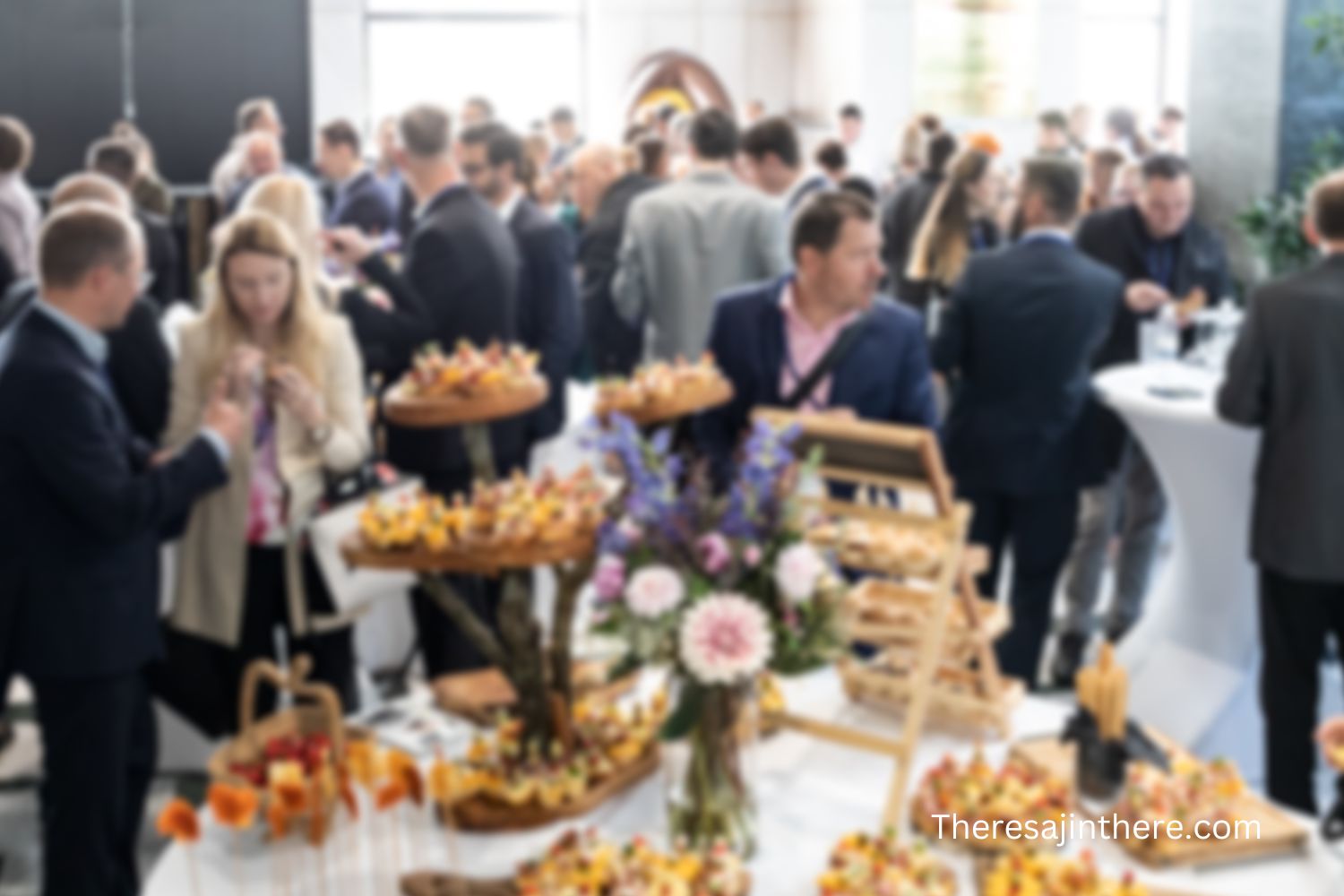On Friday night, I attended the first business networking event I had attended in quite some time, probably since I closed my business back in 2011. It’s certainly the first I attended since I was diagnosed autistic and ADHD.
When I arrived, I stood at the door for around 15 minutes. No one came up to speak to me and I didn’t know what was going on. I had a mini meltdown and spent time beating myself up about being overwhelmed, especially as I used to attend networking events all the time, and ran a business network myself! Until a lady came up to see if I was OK. She got me a glass of water and some tissues and chatted until I calmed down. She also walked in with me and helped me meet some people, making the whole thing less scary.
Overall, I am glad I was able to stay, it got me thinking of some tips for organisers of networking events to make their events more inclusive and easier for neurodivergent business owners. Note that these are based on my experiences and not all will apply to everyone.
- Have someone on the door greeting people – This is something I made sure was at all the events I ran and the best ones I attended also had someone at the door. This was a person who had a job to tick of names, welcome people, hand out goodie bags or information if they were there, as well as letting people know what was happening and where to go.
- Name tags – this may sound a bit old fashioned or too much like school, however name tags can be really helpful, especially in places that are loud and you may not immediately remember someone’s name or find the place is overwhelming so you forget. Having a simple name tag with the person’s name and business can also help get an idea of who to talk to for those of us who are told to look for a particular person or industry.
- Drink options – if there is alcohol, have nice non-alcoholic options available and on display in the same way alcoholic are. Not everyone drinks wine for a variety of reasons and a business networking event is not usually a place to get drunk. It can be awkward asking where other drink options are, especially if staff are not obvious.
- Labels for food – if you are serving food, include labels for what is on offer, including any allergens. Again, it can be awkward asking about allergens, especially if staff are not obvious.
- Staff working the event – if there are staff working at the event, make it obvious. Whether it’s a simple thing like a name tag, a lanyard or a uniform. This can help attendees find someone if they have any questions about things like food and drink, what is happening on the night, or even directions to the bathroom.
- Introduce people – keep an eye out for people on the fringes, those who are standing there and not talking to anyone. Go up to them and introduce yourself and bring them in to conversations. If the lady hadn’t stopped to ask how I was, I would have gone home! I’m not great at making the first move, especially in a room of people already talking who seem to know each other.
- Agenda – having someone keep an eye on timing and letting people know when the formal part of the event is over (so they have permission to leave if needed) is helpful. The agenda doesn’t need to be public, having someone keeping an eye on time and what is happening, and making announcements, can help participants know what is going on.
This is by no means a complete list, however I hope that they may help others when planning networking events to help them be more inclusive. These are things that would have been really helpful for me at the event I went to on Friday night, and these are things that were at events I attended in the past.
Are there things you would add to this list?

Leave a Reply